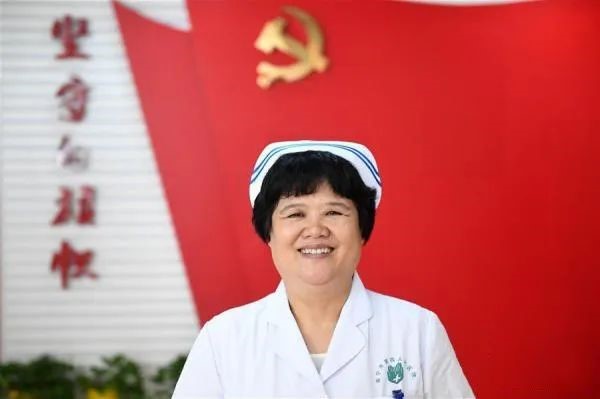 Profile
Profile
Du Liqun, member of the Communist Party of China (CPC), is also member of the 13th and 14th National Committee of the Chinese People's Political Consultative Conference (CPPCC).
In her professional life, she is head nurse of the AIDS Department at the 4th People’s Hospital in Nanning, Guangxi Province. She excelled during her time at the OUC when she studied Administration Management at the branch in Guangxi in 2012.

Du has won over 50 honours and awards. These include “Advanced Individual in Creating Excellence in Work in the National Health Care System,” “National May 1st Labour Medal,” “National Model of Medical Ethics,” “National March 8th Red-Banner Pacesetter,” “National Role Model for Ethnic Unity and Progress,” “National Advanced Worker,” the “45th International Nightingale Medal Award,” the “Most Beautiful Doctor of China,” “National Outstanding Communist Party Member,” and “Role Model of the National March 8th Red-Banner Pacesetter.”
Du has been involved in the fight against infectious diseases for nearly four decades. As a clinical nurse, she has first-hand experience of the development of Chinese healthcare and public health. She has worked her way up the ranks, from an ordinary nurse to member of the National Committee of the CPPCC.
During her five-year tenure as a member of the 13th National Committee of the CPPCC, Du focused her energies on improving healthcare. Rare diseases are a challenging area for diagnosis and treatment, as well as a major public health issue across the globe. "Since there are no effective drugs or methods to treat the vast majority of rare diseases,” said Du, “rehabilitation therapy and nursing is currently one of the most effective ways to help the patients.” The problem is that there are resource shortages, she added.
Du has recommended that a rehabilitation centre for rare diseases be established under the leadership of provincial-level departments. The centre would be responsible for collecting and sorting out the needs of patients. Tertiary hospitals would be required to establish rehabilitation training and assessment protocols for rare diseases. This would cover all cities and counties and be integrated through the medical treatment alliance platform.
Du also recommended that the Disabled Persons' Federation increase subsidies for rehabilitation training along with technology to assist patients suffering from rare diseases. The fact that some patients’ conditions progress over time should be taken into consideration by the relevant departments. Subsidies should also be increased as patients age and their health deteriorates, which would help reduce the economic burden on families.
"As a grassroots medical worker, I will always remain true to my original aspiration and aim to defend people's lives and guide their health," said Du.
Reprinted by OUC News Network from www.rmzxb.com.cn and /www.gxnews.com.cn/